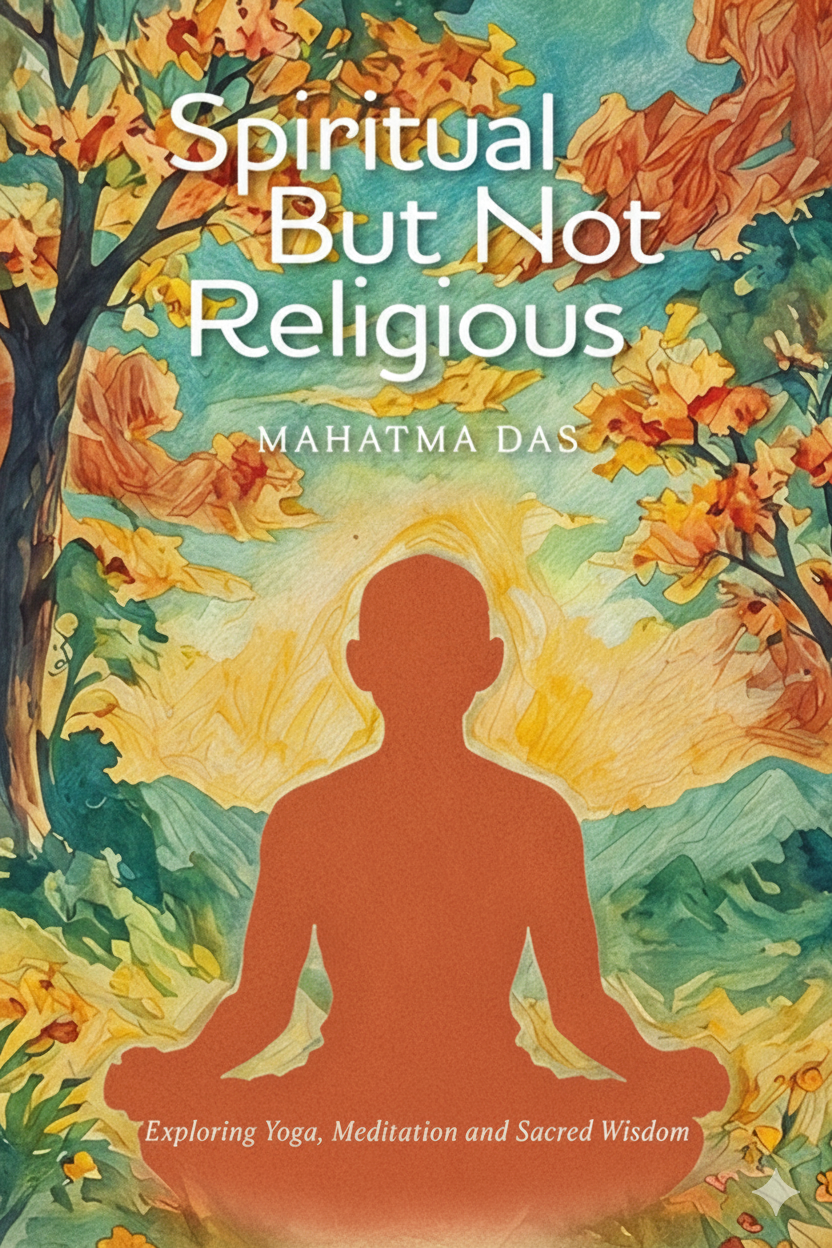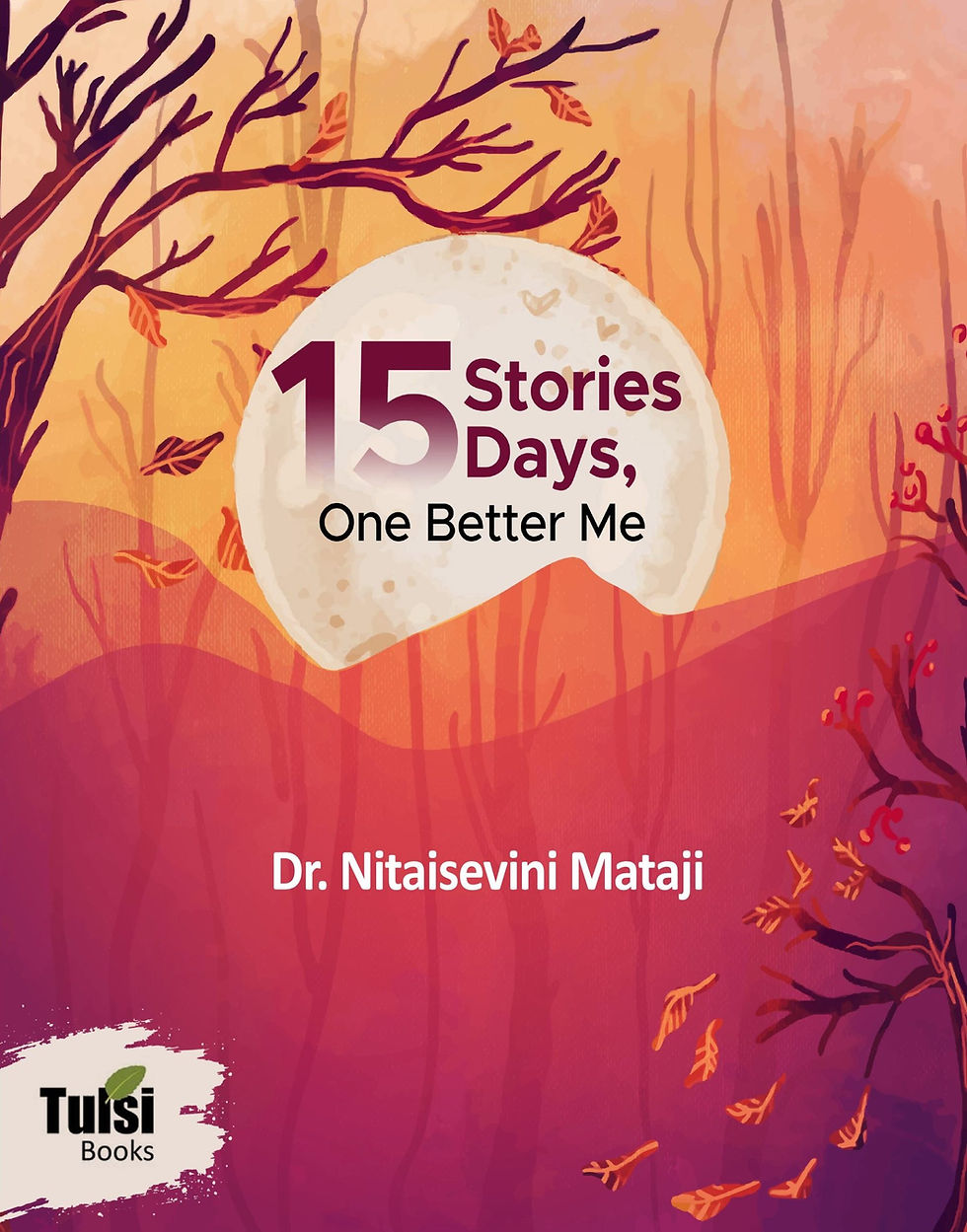Intoduction - Sometime in 1993 in Dubai, while driving me back from an evening lecture program, my good friend Ranganathan started to tell me about his childhood in a traditional Sri Vaisnava village in South India} Encouraged by my interest he went on talking even after we reached my apartment; and it was well after midnight when I finally got out of the car. I lay down to rest thinking about the pleasing life he had led, and how even now people could again live like that if they would simply agree to. My memory wandered over the years I had spent in India and Bangladesh. In the course of preaching Krsna consciousness, I had travelled throughout the Indian subcontinent and experienced the varieties of Hindu culture prominent in each area. Having stayed in the homes of many pious and cultured Hindus, I had gradually come to learn something about real culture. I thought of the many cultured persons I knew throughout the Indian subcontinent, living representatives of a dying way of life. I resolved to compose a book based on interviews with such people, to try to convey a feeling of what life in the old India was like, and what it could and should be like even now. I began contemplating how man had gone wrong in his quest for technological development, what traditional societies had possessed but we now lack, and what the actual criteria of civilization should be. A principal goal of an enlightened culture is to elevate its members to their ultimate capacity. A truly advanced society strives not simply for the ephemeral requirements of eating, sleeping, mating, and defending, for even animals do that. Real human civilization begins with philosophical inquiry into the nature of God, the universe, and the ontological position of living beings. Therefore spiritually oriented civilizations throughout the world's history had practiced a realistic approach to life that catered to all aspects of the individual- physical, mental, intellectual, and spiritual-while stressing his responsibility to society at large. And as man has to live with and by nature's mercy, traditional land-based cultures stressed respect for all life and cooperation with her. The people of such cultures sought to extract from the earth only as much as needed, and to give back proportionately. In traditional societies man fulfilled his needs in a simple and eco-friendly way. Material requirements were met without undue struggle. There were no industrial complexes producing endless varieties of unnecessary accessories to an artificial way of life; nor were there huge shopping plazas for touting unwanted goods; nor was there an advertising industry goading the masses to buy such things. The economic system was based on need, not greed. Trade was limited and mostly by barter-"I give you something you need, you give me something I need." There were no stocks, shares, market crashes, currency speculation, budget balancing, inflation, mass unemployment, or strikes.
Glimpses Of Traditional Indian Life
SKU: 9789382109105
₹240.00Price
No Reviews YetShare your thoughts.
Be the first to leave a review.

















